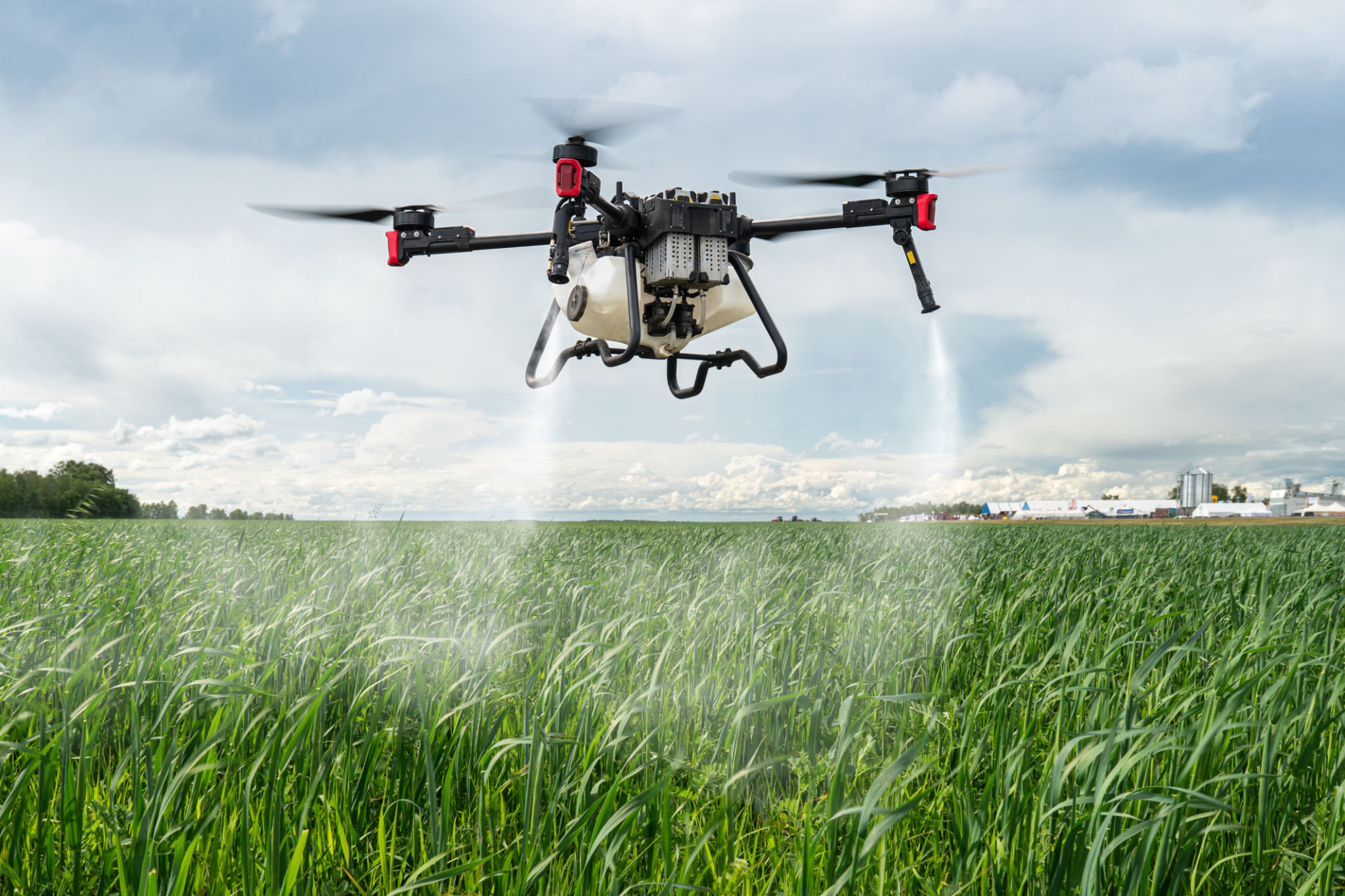The Future of Farming: Benefits of Robotic Farming Solutions in Colorado
The Rise of Robotic Farming
As the world embraces technological advancements, agriculture is no exception. Robotic farming solutions are becoming a game-changer, especially in states like Colorado, where farming is a significant part of the economy. These innovative solutions are designed to increase efficiency, reduce labor costs, and enhance productivity in agricultural practices.
Robotic farming encompasses the use of autonomous machines and smart technologies to perform a variety of tasks on the farm. From planting and watering to harvesting and packaging, robots are transforming how farms operate. This shift is not only addressing labor shortages but also ensuring more precise and sustainable farming methods.

Enhancing Efficiency and Productivity
One of the most compelling benefits of robotic farming solutions is their potential to boost efficiency. These technologies can work around the clock without breaks, increasing the amount of work done in a shorter period. As a result, farms can produce more crops without proportionally increasing labor costs.
Moreover, precision agriculture enabled by robots ensures that resources such as water and fertilizers are used optimally. This precision reduces waste and enhances crop yield, contributing to a more sustainable farming approach. Colorado farmers are increasingly adopting these technologies to stay competitive and meet rising food demands.
Addressing Labor Challenges
Labor shortages have long been a challenge in the agricultural sector. With an aging workforce and fewer young people entering farming, finding skilled laborers can be difficult. Robotic solutions mitigate this issue by taking over labor-intensive tasks that are hard to fill.

These robots also offer consistent performance, minimizing human error and leading to higher-quality produce. By reducing dependence on manual labor, farmers can focus on strategic aspects of their operations, such as crop planning and market expansion.
Environmental Benefits
Robotic farming solutions contribute significantly to environmental sustainability. Through precise application of inputs like water and pesticides, these technologies minimize the environmental impact of farming activities. This precision helps in conserving natural resources, which is crucial for areas like Colorado that may face water scarcity.
Furthermore, some robotic systems are powered by renewable energy sources, reducing the carbon footprint of farming operations. By adopting these eco-friendly technologies, Colorado farms can contribute to the global effort in combating climate change.

The Economic Impact
The integration of robotic solutions in Colorado's agriculture sector also has substantial economic implications. While the initial investment in robotic technologies can be significant, the long-term savings in labor costs and increased crop yields offer a promising return on investment.
- Reduction in labor costs
- Increased crop yields
- Improved market competitiveness
These advantages not only benefit individual farmers but also enhance the overall economic health of the region, making agriculture a more viable and attractive industry in Colorado.
The Future Outlook
The future of farming in Colorado looks promising with the continued integration of robotic solutions. As technology advances, these systems will become even more sophisticated and accessible to farms of all sizes. This evolution will likely lead to more diverse applications and wider adoption across various agricultural sectors.
In conclusion, robotic farming solutions present a transformative opportunity for Colorado's agriculture. By embracing these technologies, farmers can enhance productivity, address labor challenges, and contribute to environmental sustainability. The future of farming is bright, and robotics will undoubtedly play a crucial role in shaping it.